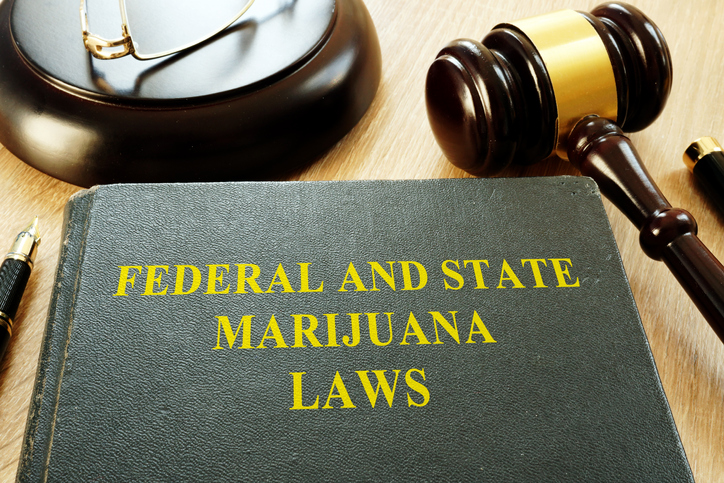Federal and State Drug Laws — What’s the Difference?

It is estimated that drug and alcohol abuse costs society more than $100 billion annually, including for accidental death and injury, healthcare, treatment, and law enforcement. There are laws in every state and at the federal level to combat the drug epidemic, prohibiting the possession, manufacture and distribution of illegal drugs, including marijuana, ecstasy, cocaine and heroin. If you make an error in judgment or are arrested on a drug crime because you are in the wrong place at the wrong time, does it matter whether you are prosecuted under a state or federal statute? What is the difference?
Types of arrests and consequences differ
Typically, federal drug convictions are for trafficking, whereas state arrests and convictions are for the lesser charge of possession. And more than half of state and local drug arrests are for possession of marijuana. In addition, federal drug charges usually carry stiffer punishments and longer sentences than state charges. While this is often a function of state charges being for lesser crimes, the American Bar Association found in a study that federal sentences are generally tougher than state sentences for most overlapping crimes.
Both federal and state laws allow for first offender programs
One common benefit for those pleading guilty to either state or federal crimes is the first offender program. The Federal First Offender Act allows defendants with no prior state or federal controlled substance convictions to enter a plea of guilty, but the conviction is not officially “entered” into the record. After the offender successfully completes one year of probation, the court dismisses the proceedings without ever entering the conviction. It as though the crime never happened. State programs are similarly run, with the goal of preventing first-time offenders from entering the criminal justice system. Through Pennsylvania’s first-time offender program, Accelerated Rehabilitative Disposition (ARD), the state suspends the charges but requires the defendant to meet court-ordered conditions, including drug counseling, community service and restitution. Once the program is successfully completed, the original charges are dismissed.
If you need representation in a state or federal criminal matter, contact a criminal defense attorney at David Jay Glassman.
